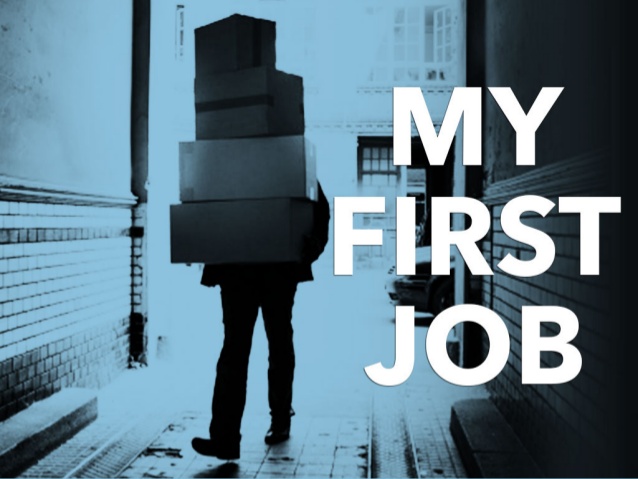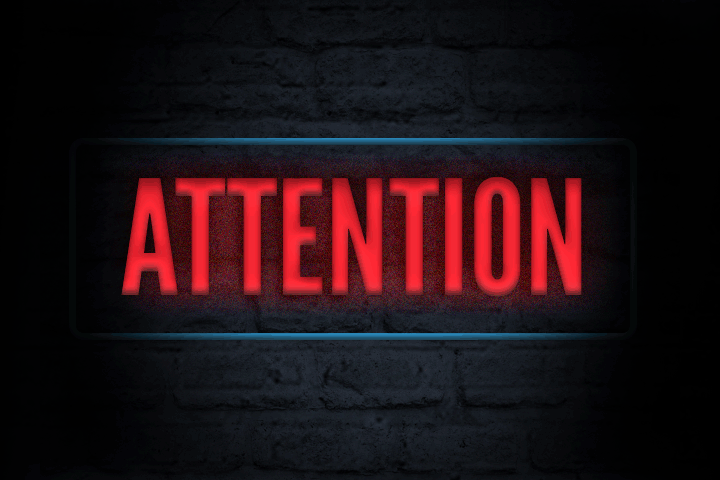
What’s in a job? For those who land one, it’s a chance to build themselves in the career space. For those without one, it’s a chance to finally begin a career. However, a recent question which piqued our interest was specific in nature – How Important is Your First Job. This blog hopes to be an honest answer to that.
Job seekers, looking for fresher jobs are often seen asking this question – particularly if they land a campus placement which may seem less than spectacular or are wondering whether they should apply to an opening or accept an offer that’s come their way. On one side, they’re consoled that a first job does not really matter. On the other, they’re informed about the life-making characteristics of the first job.
And what happens in the end – a confused job seeker.
So, let’s try to explore which of these aspects are important and needs to be focused on and what all can be ignored to be taken care of later in your career.
What’s important in your first job?

Learning:
By learning, we don’t only mean learning about your job roles and responsibilities but something much more essential. In your first job, you learn so much about what you want your future to be like. It’s like the epiphany moment of your career.
Since you still have the option to deviate from your career choice, it is important to learn well about the job and explore others which you might be interested in. You can’t keep on changing career with every other job so you need to explore (learn about) as many options in your very first job.
Contacts:
The people you bump into during your first job are much more important than your paycheck. Since you are very new to the industry, you need to communicate with important people and maintain connections with them.
This not only helps in the learning process, but also helps you get better options in future through these contacts. It’s not about using your sources to get a job, but knowing the channel better through the right people concerned.
Experience:
Yes, any job can give you experience but it is something different with your first job. It won’t be always that you make a mistake and are still motivated as you are new to the work. So, don’t be afraid to make mistakes in your first job and learn through them.
It’s the only time when you aren’t judged harshly rather your errors are identified and corrective measures suggested. If you don’t start the learning process with your first job, it would be very difficult to do so further in your career. So, from that lens, your first job does mean a lot.
What’s not so important?

So, now let’s move to the things you can ignore for your first job, to an extent.
Your paycheck:
Of course, it’s finally time that all those years of your hard work pay off. But maybe it’s still a bit away. Don’t focus too much on your paycheck for your first job if you are getting a decent opportunity to learn and grow.
It’s not that you won’t be able to negotiate your salary later if you accept a low salary for your first job. Once you have experience in your domain and are capable to do your job properly, you will eventually get its worth.
Working with big companies:
Your first job isn’t always the big break you had been waiting for. Moreover, maybe your big break isn’t at all associated with a big name. You can progress well in medium, not so popular enterprises as well.
So, don’t make getting into a big company your priority. Instead, look into your job roles and responsibilities, job environment, scope of learning, etc.
Conclusion
Basically, your first job isn’t as complicated as it seems to be. You just need to focus on the right things and it will definitely help you shape your career path in the best possible way.
If you liked this story, we suggest the following reads:
Money or Progress: What Do You Fancy For Your First Job?
How To Achieve More In Your First Job And Work Towards Your Goal
5 Things You Should Keep In Mind For Your First Job

























